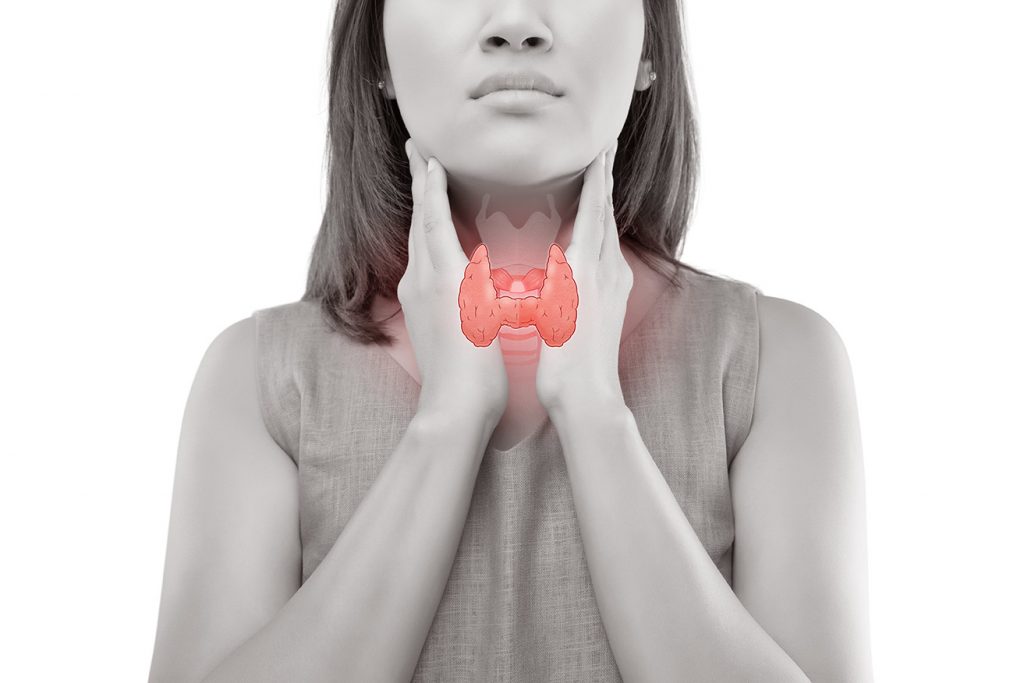
Hodgkin’s disease, now referred to as Hodgkin’s lymphoma, is a type of cancer that affects the lymphatic system. The lymphatic system is part of your immune system and includes your lymph nodes. Hodgkin’s lymphoma responds well to treatment. Like with all types of cancer, early treatment gives you your best chance of survival and even being cured. However, Hodgkin’s is also one of the most curable types of cancer and often responds well to treatment even in later stages. Hodgkin’s lymphoma rarely spreads from the lymphatic system to other parts of the body.
Symptoms of Hodgkin’s Disease
Hodgkin lymphoma typically starts in the lymph nodes in the upper part of the body, but can start elsewhere. Symptoms can include:
- Painless swelling of the lymph nodes in the armpits, neck or groin
- Persistent fatigue
- Loss of appetite
- Rapid, unexplained weight loss
- Fever and chills
- Night sweats
- Itching
- Increased sensitivity to alcohol
- Pain in the lymph nodes after drinking alcohol
Causes and Risk Factors
The cause of Hodgkin’s disease is not known, but known risk factors include:
- Being between the age of 15 and 30
- Being over 55
- Having a close family member who has Hodgkin’s or non-Hodgkin’s lymphoma
- Being male, although it only slightly increases your risk
- Having had mononucleosis or another illness caused by Epstein-Barr virus
- Being HIV positive
- Higher socioeconomic background
When Aggressive Treatment Should be Considered
In people who have been diagnosed with Hodgkin’s disease, the following factors indicate that the prognosis is more serious and aggressive treatment is required:
- 45 years old or older
- Male
- Low blood albumin
- Low hemoglobin
- Low lymphocyte count
- High white blood cell count
- Stage 4
